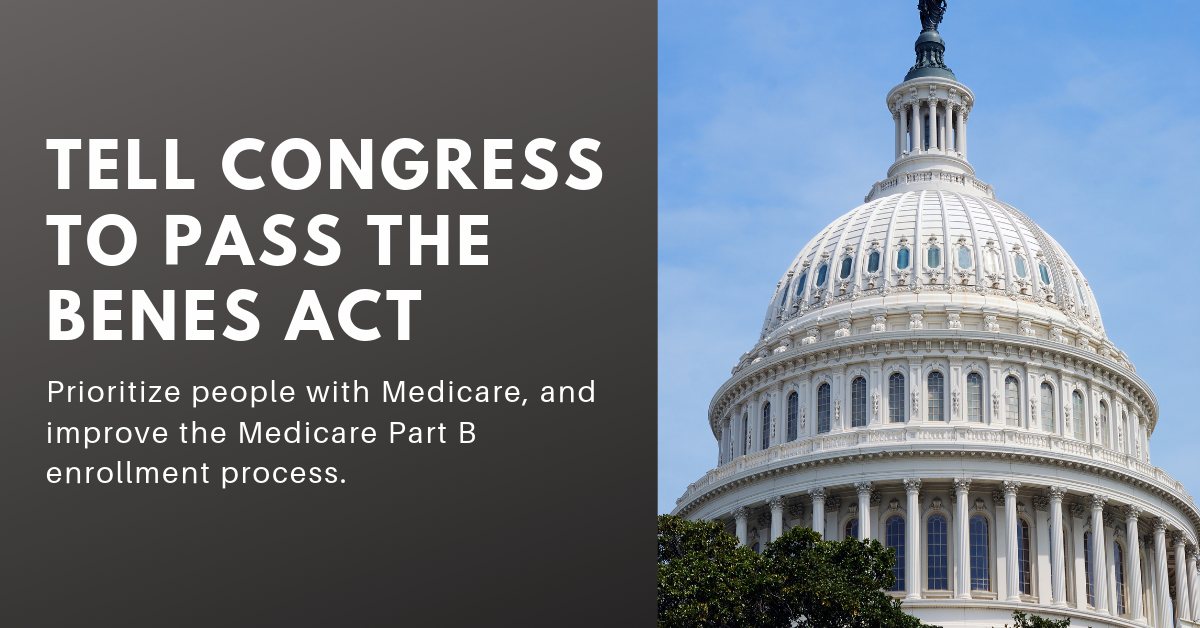
Medicare Extra Rx HELP Act Companion Bill Introduced in the House
This week, Rep. Brad Schneider (D-IL) introduced a House companion to the Medicare Extra Rx HELP Act (S. 691/H.R. 4583). Championed in the Senate by Bob Casey (D-PA), this bill would make improvements to the Medicare Part D Low-Income Subsidy (LIS), commonly known as Extra Help, to better reflect current needs.









